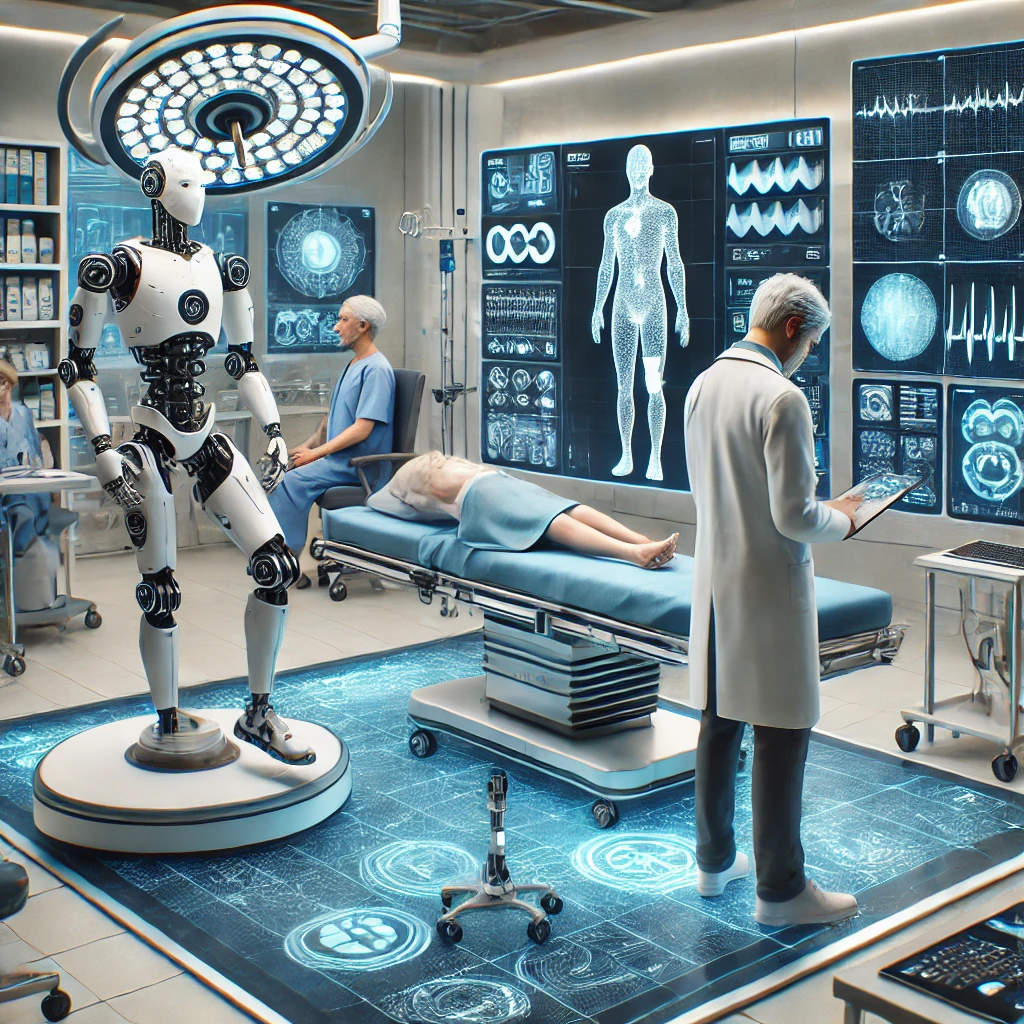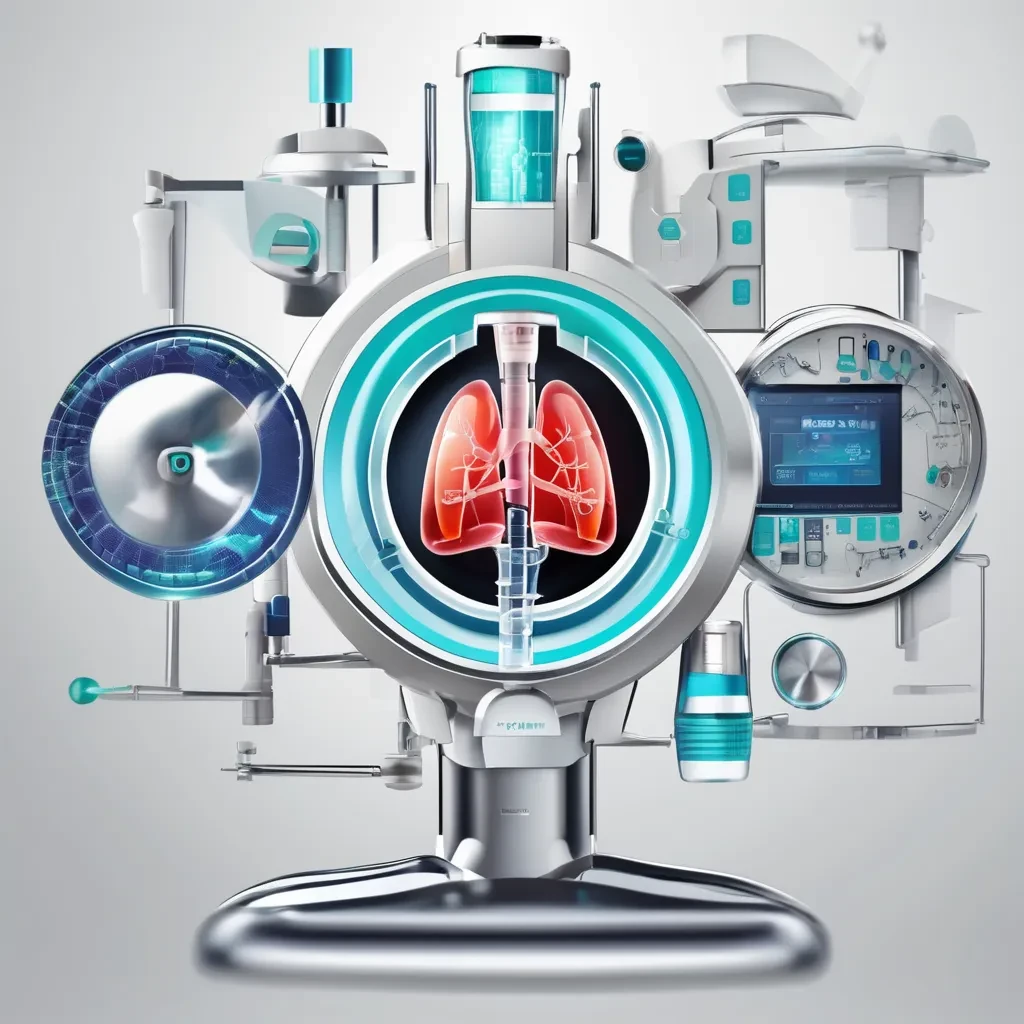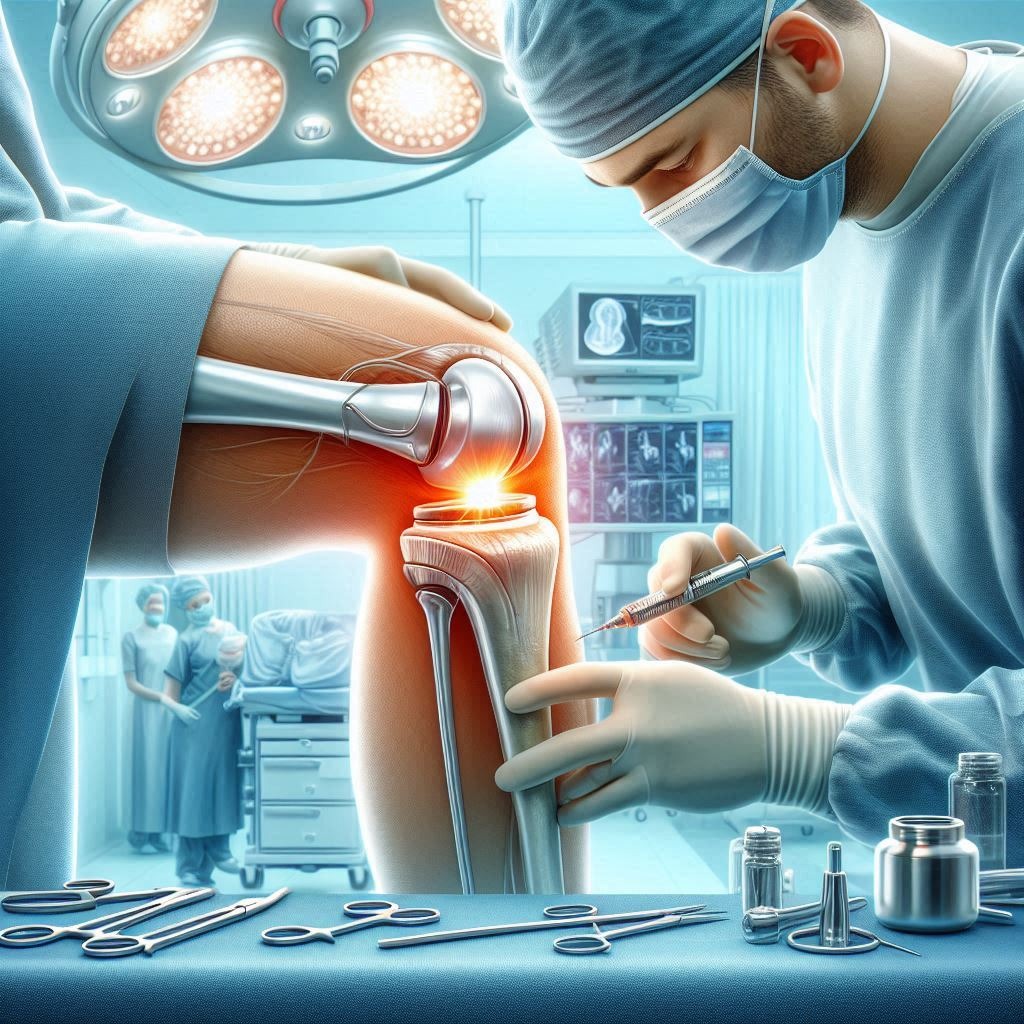
The Latest Innovations in Medical Equipment
 Update date: 30/01/2025
Update date: 30/01/2025
Medical technology is evolving rapidly, bringing groundbreaking innovations that enhance patient care, improve diagnostic accuracy, and streamline medical procedures. The latest advancements in medical equipment technology are transforming healthcare, making it more efficient, accessible, and precise. Below are some of the most significant innovations shaping the future of medical technology.
1. Artificial Intelligence in Medical Imaging
AI-powered imaging tools are revolutionizing diagnostics by enabling faster and more accurate detection of diseases such as cancer, stroke, and cardiovascular conditions. AI algorithms analyze medical images like X-rays, MRIs, and CT scans with high precision, reducing human error and improving early diagnosis rates.
2. Wearable Health Monitoring Devices
Wearable medical devices, such as smartwatches and biosensors, allow continuous monitoring of vital signs like heart rate, oxygen levels, and glucose levels. These devices help in early detection of health issues and enable remote patient monitoring, reducing the need for frequent hospital visits.
3. Robotic Surgery Systems
Robotic-assisted surgery has enhanced precision, minimally invasive techniques, and reduced recovery times. Systems like the Da Vinci Surgical System provide surgeons with enhanced dexterity and control, improving surgical outcomes in procedures such as cardiac, orthopedic, and gynecological surgeries.
4. 3D Printing in Healthcare
3D printing technology is transforming the production of prosthetics, implants, and even human tissues. Custom-made medical devices and bioprinting allow for personalized treatments, improving patient comfort and surgical success rates.
5. Telemedicine and Remote Consultation
The rise of telemedicine has made healthcare more accessible, particularly in remote areas. Advanced telemedicine platforms enable doctors to diagnose, monitor, and treat patients virtually, improving healthcare efficiency and reducing hospital overcrowding.
6. Smart Implants and Biodegradable Sensors
Smart implants, such as pacemakers and orthopedic implants, now come with real-time monitoring capabilities. Biodegradable sensors eliminate the need for removal surgeries, as they dissolve naturally once their function is complete.
7. Advanced Diagnostic Tools
Innovations like point-of-care testing (POCT) devices and lab-on-a-chip technology allow rapid and accurate disease detection with minimal sample requirements. These advancements improve early diagnosis and treatment, reducing complications.
8. Nanotechnology in Medicine
Nanomedicine is being used for targeted drug delivery, improving treatment efficacy while minimizing side effects. Nanoparticles can deliver drugs directly to diseased cells, enhancing the effectiveness of cancer treatments and other therapies.
9. Gene Editing and Personalized Medicine
Advancements in gene-editing technologies like CRISPR have opened new doors for treating genetic disorders. Personalized medicine tailors treatments to an individual’s genetic makeup, improving drug effectiveness and reducing adverse reactions.
10. Augmented Reality (AR) and Virtual Reality (VR) in Healthcare
AR and VR technologies are being used for medical training, surgical planning, and pain management. These tools help surgeons visualize complex procedures and allow medical students to practice in a risk-free environment.
Conclusion
The latest innovations in medical equipment technology are transforming healthcare by enhancing precision, improving diagnostics, and making treatments more efficient. As technology continues to advance, these innovations will play a crucial role in providing better patient outcomes and revolutionizing the medical industry.
Your email address will not be published. Required fields are marked *





